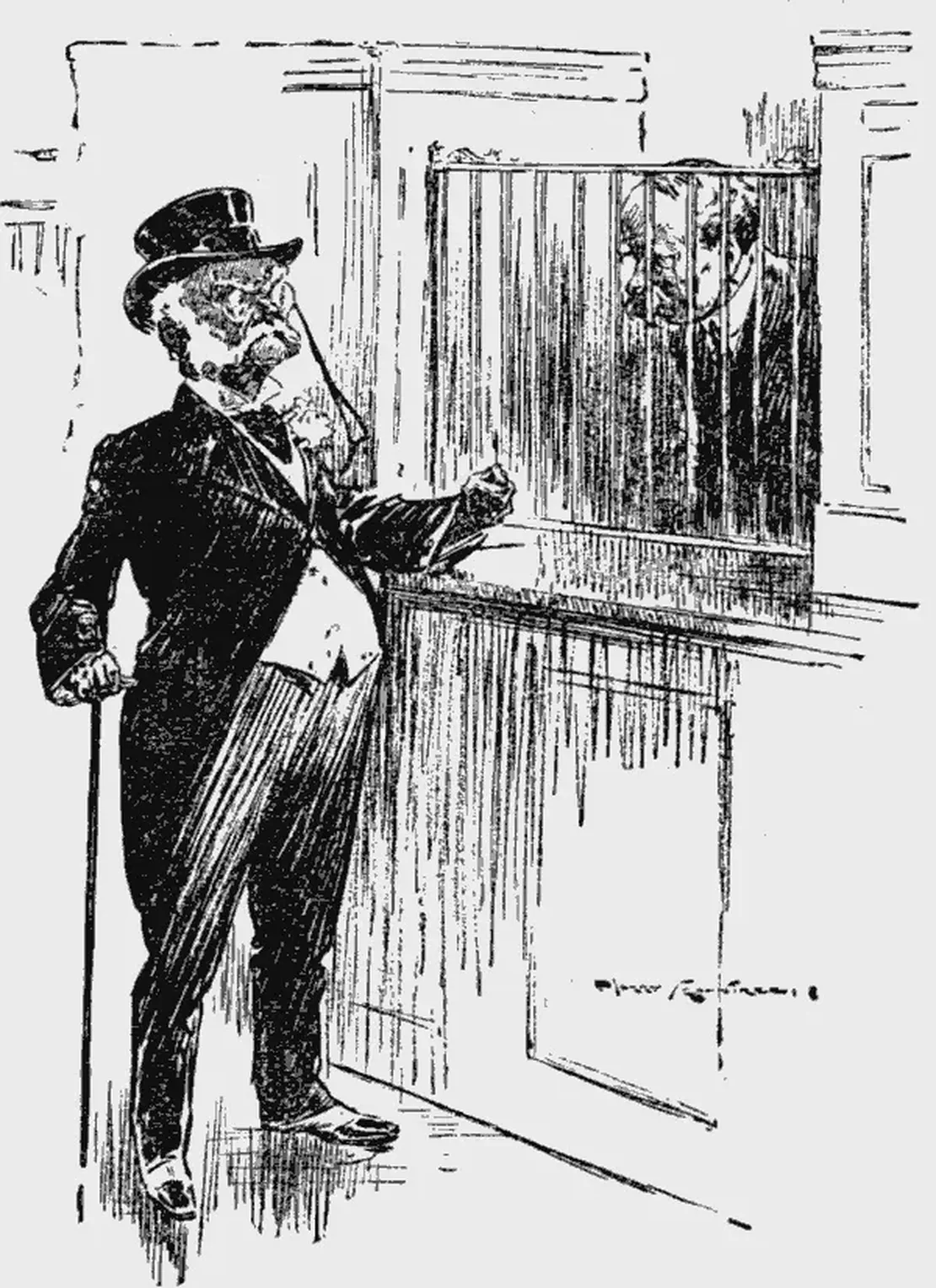On April 30, 1728 in Celtic History
Royal bank invents first overdraft, wm hogg overdraws by 1,000 ( 66,000 at todays money)

An overdraft occurs when something is withdrawn in excess of what is in a current account. For financial systems, this can be funds in a bank account. In these situations the account is said to be “overdrawn”. In the economic system, if there is a prior agreement with the account provider for an overdraft, and the amount overdrawn is within the authorized overdraft limit, then interest is normally charged at the agreed rate. If the negative balance exceeds the agreed terms, then additional fees may be charged and higher interest rates may apply.
The first overdraft facility was set up in 1728 by the Royal Bank of Scotland. The merchant William Hogg was having problems in balancing his books and was able to come to an agreement with the newly established bank that allowed him to withdraw money from his empty account to pay his debts before he received his payments. He was thus the first recipient of cash credit from a bank in the world.
Within decades, the advantages of this system, both for customers and banks, became apparent, and banks across the United Kingdom adopted this innovation.
Related Content

Shane Patrick Lysaght MacGowan, lead singer of the Pogues, died

St Machar Day, patron saint of Aberdeen

Oíche Shamhna - Cetlic New Year Eve (Halloween)

ALBAN ELFED (Welsh Bardic name for autumn equinox)

Feast day of St. James

John Davie Burgess, King of the Highland Pipers, died at age 71.